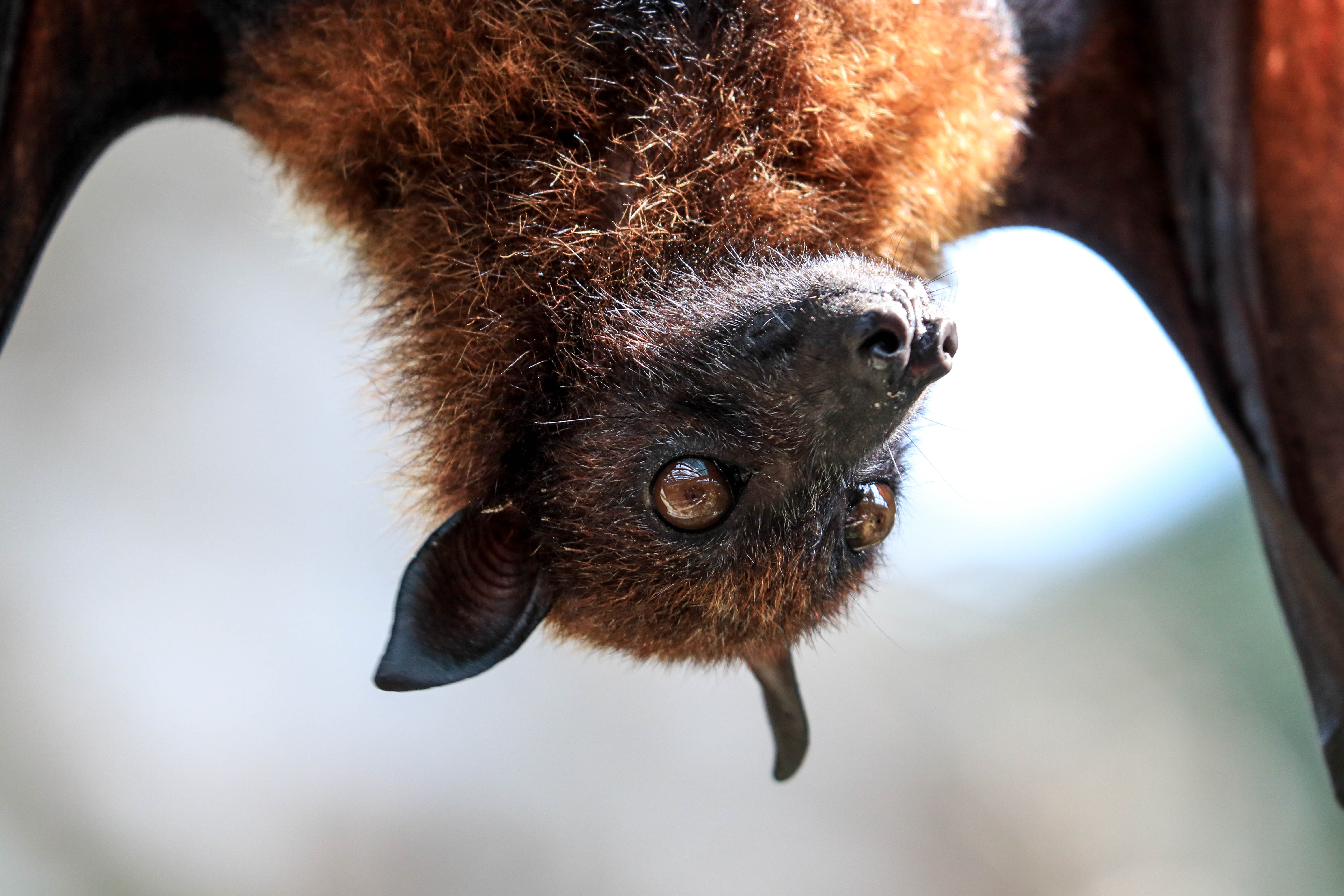News release
From:
Virology: Bats found to carry viruses genetically similar to SARS-CoV-2
Coronaviruses that are genetically similar to SARS-CoV-2, identified within bat populations in northern Laos, are described in a paper published in Nature. The study suggests that these novel bat coronaviruses may have a potential for infecting humans similar to that of early strains of SARS-CoV-2.
Marc Eloit and colleagues tested 645 bats (belonging to 6 families and 46 species) living in the limestone caves in northern Laos. They found three viruses that they considered to be closely related to SARS-CoV-2. The authors found that the genetic sequences encoding the ACE2 binding regions in the novel viruses were similar to that of SARS-CoV-2; ACE2 is a human cell receptor that SARS-CoV-2 uses to gain entry to cells. The bat viruses were able to bind to human ACE2 receptors more efficiently than the original SARS-CoV-2 strain isolated from humans. One of these viruses was also shown to replicate within human cell lines, but was inhibited by antibodies neutralizing SARS-CoV-2.
The findings support the hypothesis that SARS-CoV-2 could have originated from bats living in the limestone caves of Southeast Asia and southern China.



 International
International



